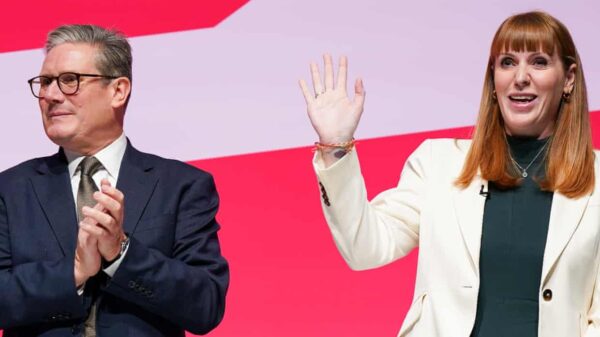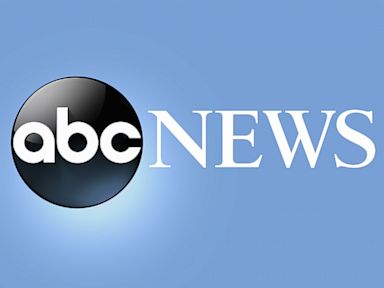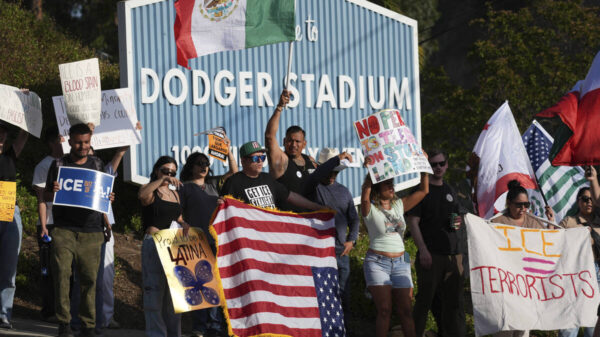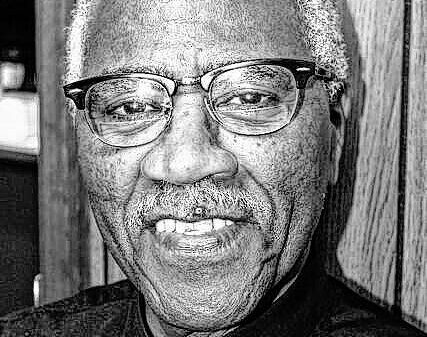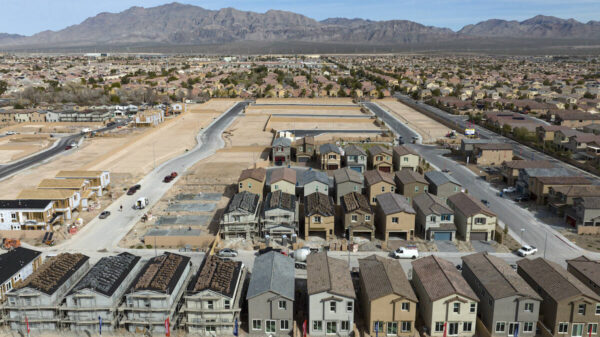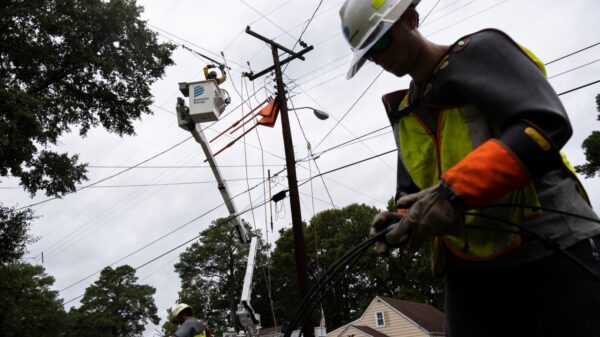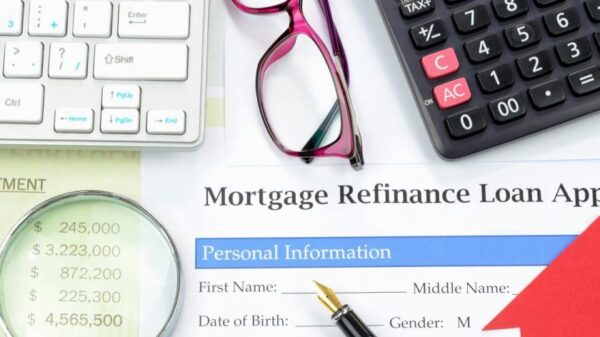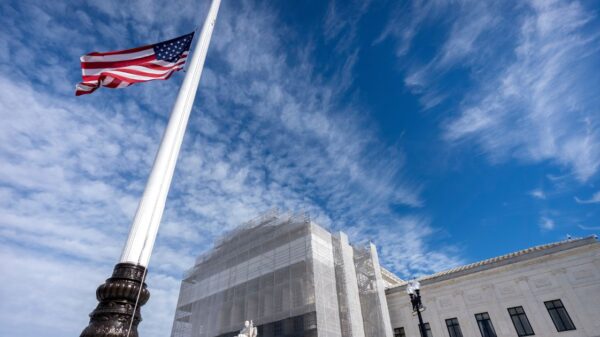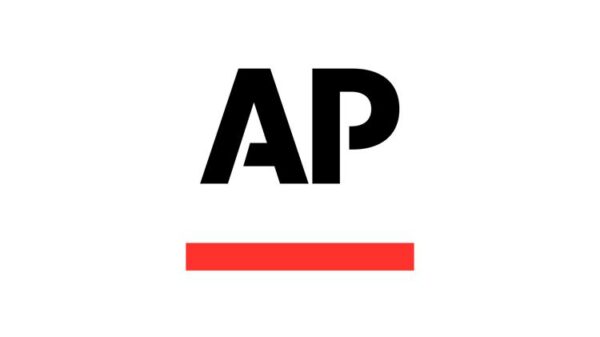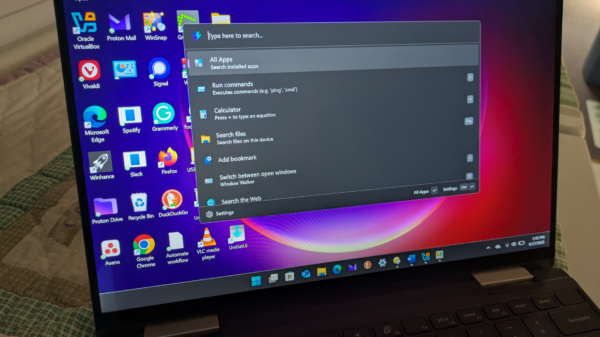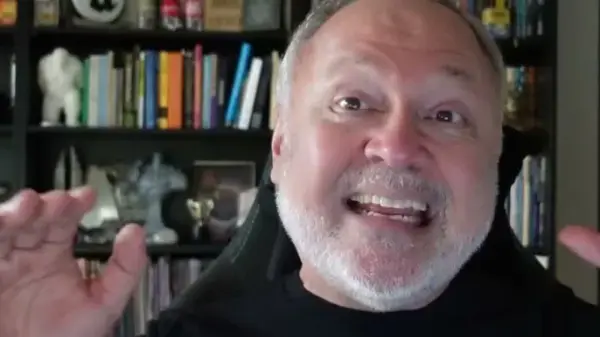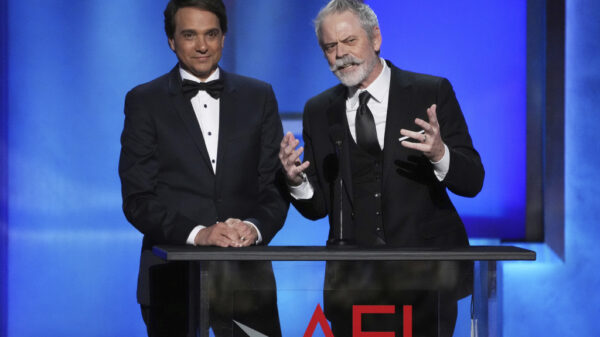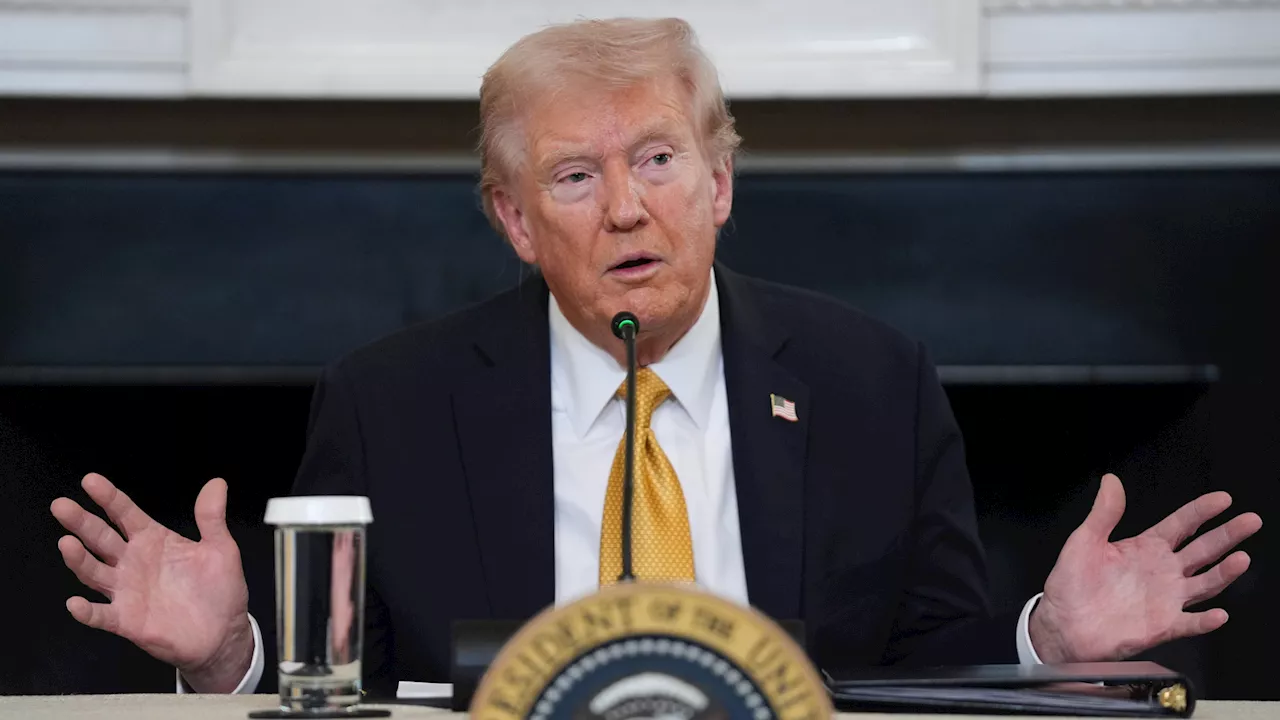President Donald Trump has announced a significant increase in tariffs on Canada as he embarks on a critical diplomatic trip to Asia. The President stated that he will raise tariffs by 10% following a controversial advertisement run by the Ontario government that he claims misrepresented facts about U.S. tariffs. This move follows Trump’s decision to terminate trade negotiations with Canada, threatening the economic relationship between the two countries.
The advertisement, which features audio from a speech by former President Ronald Reagan, was intended to highlight the negative impact of U.S. tariffs on Canada. Trump condemned it as a “fraudulent” attempt to influence U.S. court decisions. “Because of their serious misrepresentation of the facts, and hostile act, I am increasing the Tariff on Canada by 10% over and above what they are paying now,” he declared. Ontario Premier Doug Ford indicated that the ad would be paused to allow for trade talks to resume, but not before it aired during the World Series games in the U.S.
As Trump travels, he is focusing on various diplomatic matters, including discussions with China’s Xi Jinping. The President expressed optimism about achieving a “comprehensive deal” on trade when he meets Xi during the Asia-Pacific Economic Cooperation summit next week. “We have a really good chance of making a very comprehensive deal,” Trump stated while en route to Asia.
In addition to trade discussions, Trump has addressed the ongoing situation in Gaza. He has urged Hamas to expedite the return of deceased hostages, warning that involved Arab nations would “take action” if compliance is not forthcoming. “Hamas is going to have to start returning the bodies of the deceased hostages,” he emphasized.
During a refueling stop in Doha, Trump met with Qatari Emir Tamim bin Hamad Al Thani to discuss the Gaza peace negotiations. They talked about a U.S.-brokered ceasefire plan that includes the creation of an “International Stabilization Force” in Gaza. Trump reiterated his hope for “enduring peace” in the region, placing responsibility for any potential failure on Hamas.
The President also indicated he would not meet with Canadian Prime Minister Mark Carney during his Asia trip, stating, “What they did is really dishonest.” This remark reflects the escalating tensions between the U.S. and Canada, which is the United States’ second-largest trading partner.
As the trip continues, Trump is set to meet with Malaysia’s Prime Minister Anwar Ibrahim and participate in discussions with South Korean President Lee Jae Myung. The outcomes of these meetings could significantly influence U.S. relations in the region as well as the ongoing trade disputes with China.
This Asia trip marks a pivotal moment for Trump’s administration, as it seeks to navigate complex international relationships while addressing domestic challenges, including the ongoing government shutdown. The President’s statements and actions will be closely monitored as the situation unfolds, particularly regarding trade and peace efforts in the Middle East.






